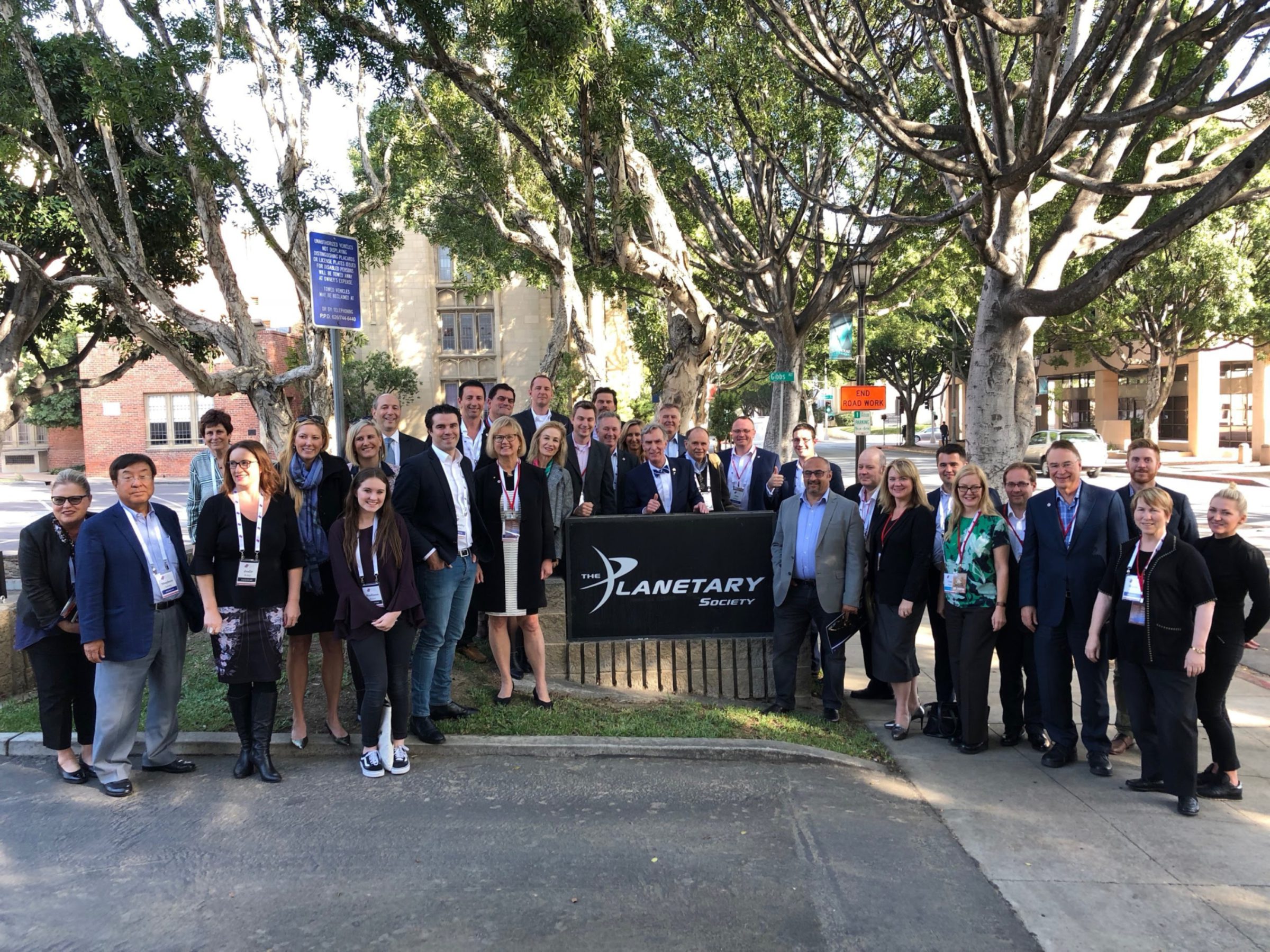Why Start A Space Program?
Watching Australia Take A Bold Step Forward
Casey Dreier is director of space policy for The Planetary Society.
The fact that so many countries seem to want a space program implies an inherent value to exploring space, but what is it? Last year, Australia became the latest country to announce the formation of its own space agency. The process took a significant step forward in March with a new report recommending goals and focus for its space agency.
The report also provides insight about why Australia sees space as a valuable enterprise. The report highlights several areas where the country could leapfrog others by strategically investing in specific capabilities (for example, artificial intelligence or quantum computing) and sets out a goal of tripling the size of the Australian space industry by 2030. One of the keys to succeeding in this new effort, the report declares, will be international partnerships.

International partnerships provide the means for countries to participate in the exploration of space without having to create expensive, enabling infrastructure from the ground up. They can leverage the space capabilities of other nations while providing unique contributions to the benefit of their own industry and scientific base. This is the opposite of a zero-sum, competitive mentality of international relations; a rising rocket lifts all spacecraft, if you will. The European Space Agency’s very existence relies on this model. Its BepiColombo mission—as you will read in this issue—includes contributions from 13 European member states, the United States, and Japan. This coalition of nations is deeply invested in the success of the mission, spreading out the cost and also the political support.
The United States recognized the value of international engagement in its space program from the beginning. NASA’s charter directs it to pursue a “program of international cooperation” and “cooperation by the
United States with other nations and groups of nations.” This is often cited as one of the most practical benefits of the space program in the United States and has been used to great effect in the past for both human and robotic space projects. Cassini, with its major contributions from ESA, Italy, and others, survived the budget axe in the early 1990s in part due to the existence of international partnerships. The Shuttle-Mir program and then the International Space Station brought together former Cold War adversaries, creating an ongoing line of communication and cooperation even as formal relationships between Russia and the U.S. have strained. Now, lunar exploration is being positioned as an opportunity to cooperatively engage a large number of nations.
Australia’s nascent space program will find itself with a plethora of partnership opportunities and not only with established programs like those of NASA, ESA, and Japan. Many other countries are developing productive space programs. China has ambitious goals to return samples from the Moon and Mars and has issued an open call to nations around the world to participate in its planned space station. India is also making great strides with its probes to the Moon and Mars. The United Arab Emirates plans to launch its own robotic mission to Mars in 2020, which could begin a new program of ongoing exploration as well.
There is also the unknown, alluring opportunity for exploration and profit promised by the private space sector. Countries can work with non-state international partners, as Luxembourg has demonstrated by investing in a number of companies to position itself as a future leader in space resources. The benefits of strategic research and development, scientific discovery, and the strong relationships formed through the cooperative exploration of space are likely why so many countries have decided that space is a worthy cause for national investment.
Let’s Go Beyond The Horizon
Every success in space exploration is the result of the community of space enthusiasts, like you, who believe it is important. You can help usher in the next great era of space exploration with your gift today.
Donate TodayThe Planetary Report • September Equinox
Help advance space science and exploration! Become a member of The Planetary Society and you'll receive the full PDF and print versions of The Planetary Report.


 Explore Worlds
Explore Worlds Find Life
Find Life Defend Earth
Defend Earth


